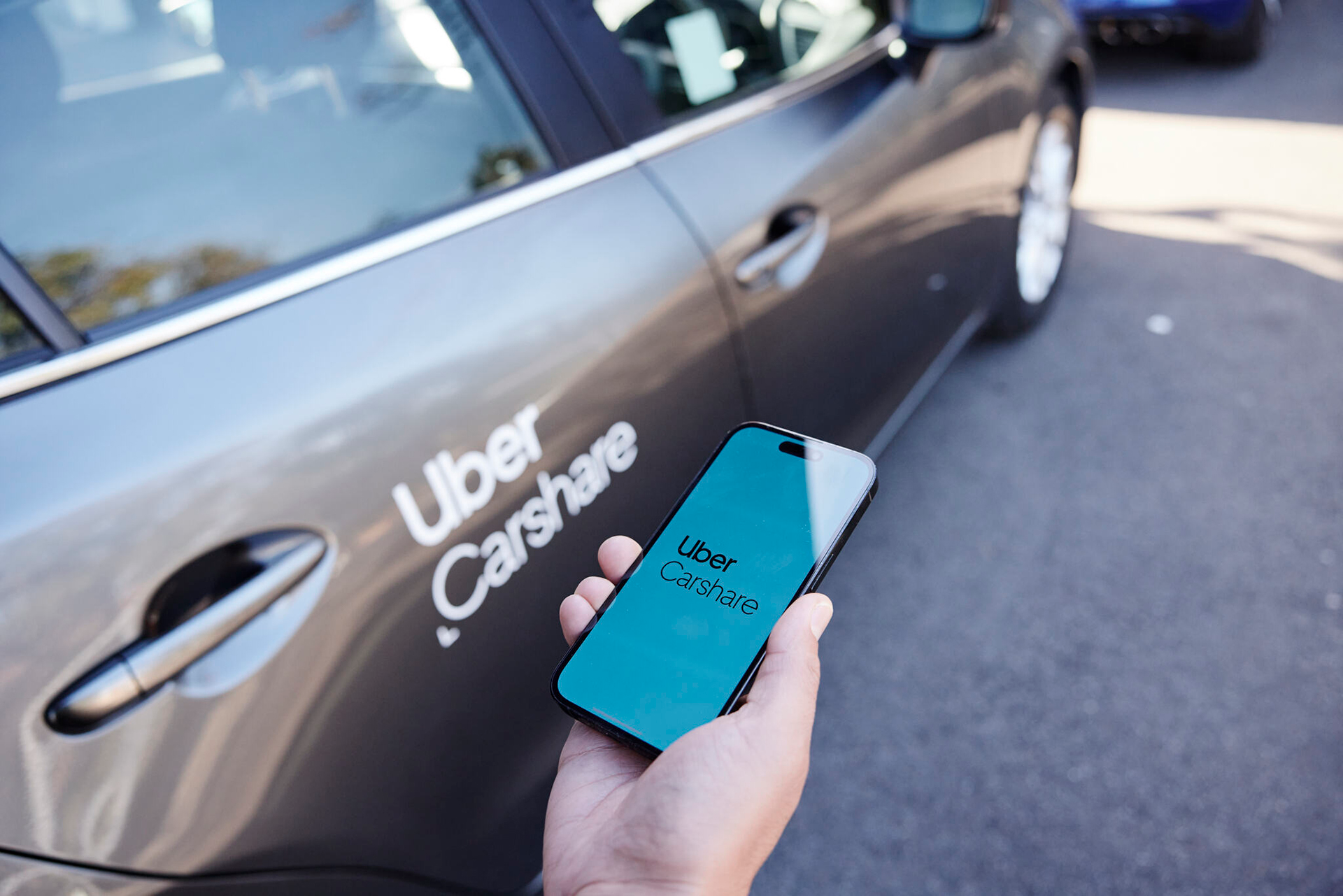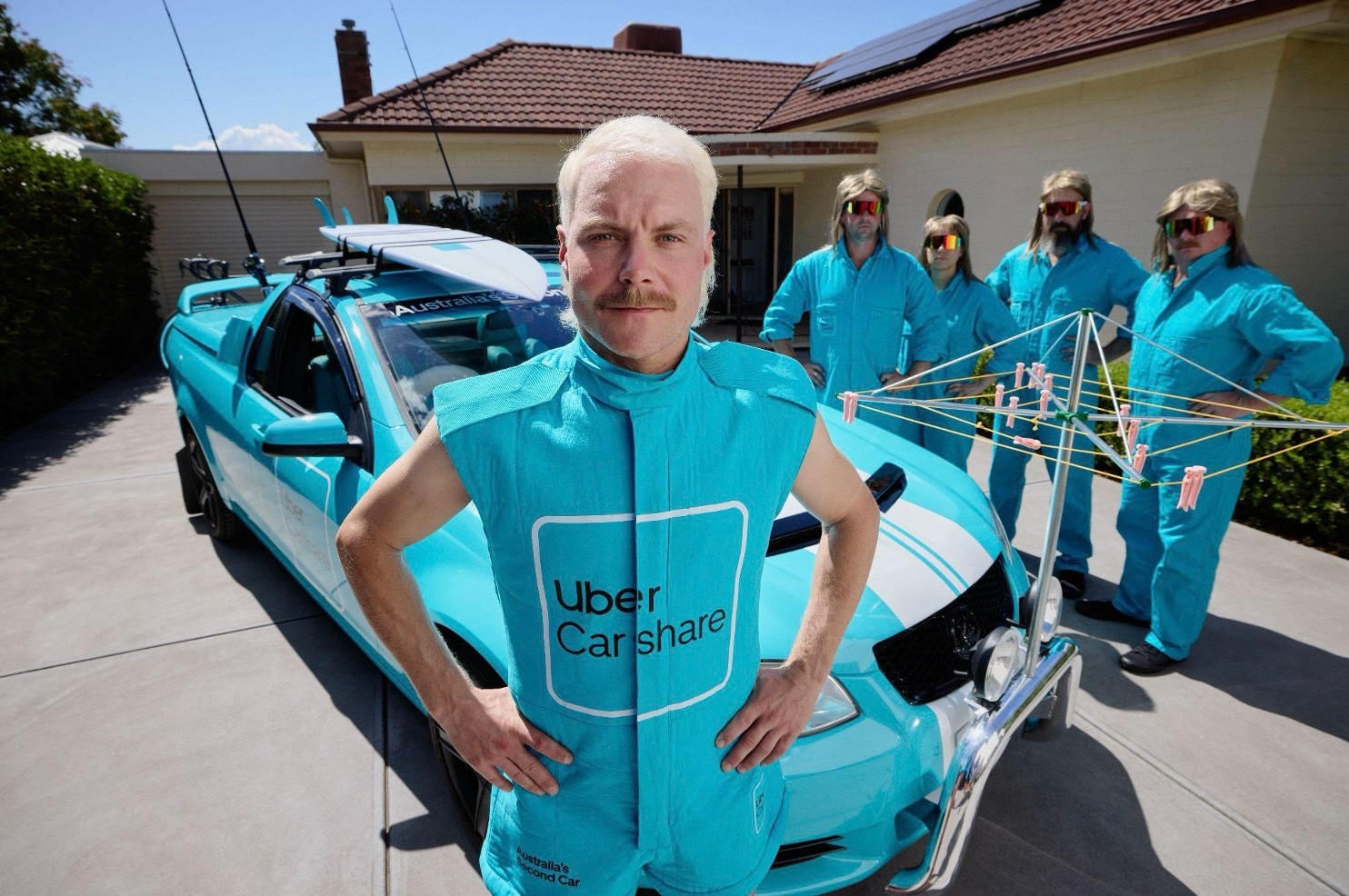Uber Carshare, the popular car-sharing service that emerged from Uber’s acquisition of Car Next Door, is set to shut down by the end of this week. This sudden closure has taken many by surprise, raising questions about the viability of car-sharing services in Australia and the future direction of Uber’s mobility offerings. In this article, we delve into the reasons behind Uber Carshare’s rapid closure, the impact on its users and car owners, and the broader implications for the car-sharing industry.
The Sudden Closure of Uber Carshare
In a swift and unexpected move, Uber has announced that it will close down its Carshare service by the end of this week. This comes after the service had only been operating under the Uber brand for a relatively short period following the acquisition of Car Next Door.
• Timeline: The service is scheduled to cease operations by the end of this week, with all rentals concluding and vehicle listings being removed from the platform.
• Reason for Closure: While Uber has not provided a detailed explanation for the closure, it is believed to be part of a broader strategic shift within the company to focus on more profitable segments of its business, such as ride-hailing and food delivery through Uber Eats.
Impact on Users and Car Owners
The closure of Uber Carshare will have immediate and significant effects on both the users who relied on the service for short-term vehicle access and the car owners who earned income by renting out their vehicles.
For Users
• Service Disruption: Users who frequently used Uber Carshare will need to find alternative car-sharing or rental services. The closure may lead to inconvenience, particularly for those who relied on the platform for regular transportation needs.
• Refunds and Support: Uber has stated that any outstanding rentals will be honored until the closure date, and users with future bookings will be contacted for refunds or cancellations.
For Car Owners
• Loss of Income: Car owners who listed their vehicles on Uber Carshare as a source of income will be directly impacted by the service’s closure. These individuals will need to seek alternative platforms to continue generating revenue from their vehicles.
• Transition Assistance: Uber has promised to assist car owners in transitioning away from the platform, but specific details on this support remain unclear.

Broader Implications for the Car-Sharing Industry
The rapid closure of Uber Carshare sends ripples through the car-sharing industry in Australia, raising concerns about the sustainability of such services in the current market.
• Industry Volatility: The closure highlights the challenges faced by car-sharing services in achieving long-term profitability, even when backed by a major player like Uber. This could deter new entrants from joining the market and lead to further consolidation among existing providers.
• Impact on Competitors: Competitors like GoGet and Flexicar may see an influx of users as former Uber Carshare customers seek new platforms. However, these services may also face increased scrutiny and pressure to demonstrate their own sustainability.
Uber’s Strategic Shift
The decision to shut down Uber Carshare appears to align with Uber’s broader strategic focus on its core offerings, such as ride-hailing and food delivery.
• Focus on Core Services: Uber is likely to invest more heavily in its traditional services, potentially expanding its ride-hailing offerings or exploring new markets for Uber Eats. This could include an increased emphasis on electric vehicles and sustainable transport solutions.
• Future of Mobility: Despite the closure of Uber Carshare, Uber remains committed to shaping the future of urban mobility. The company is expected to continue exploring new technologies and services that align with its vision for a more connected and sustainable transportation ecosystem.
Final Thoughts
The closure of Uber Carshare marks a sudden and unexpected end to what was once seen as a promising addition to Australia’s car-sharing landscape. While the service’s end will undoubtedly affect its users and car owners, it also raises broader questions about the viability of car-sharing models in the current market. As Uber refocuses its strategy, the car-sharing industry will need to adapt to these changes and find new ways to meet the evolving needs of consumers.
Stay tuned to CarExplore for more updates on the latest developments in mobility services and transportation.












